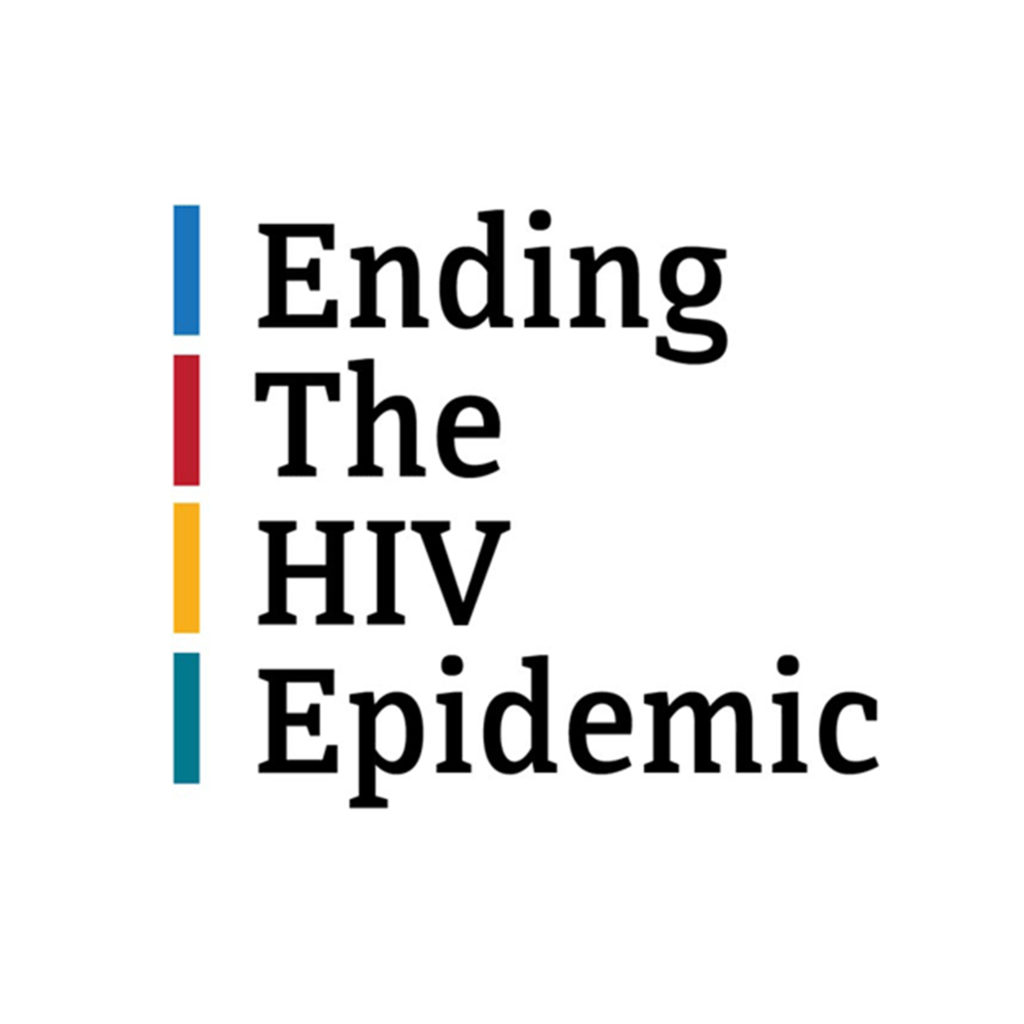For Providers

HIV Screening
CDC recommends that individuals between the ages of 13 to 64 get tested for HIV at least once as part of routine health care and that those with risk factors get tested more frequently. Patients who may be at high risk for HIV should be screened at least annually. Providers should screen patients who may be at high risk for HIV at least annually.
Discussing Sexual Health
Sexual health is an essential element of overall health and well-being. By asking all your adult and adolescent patients a few essential questions, you help to remove the stigma around discussing sex and normalize these discussions.
Ask the 5 Ps: Partners, Practices, Past history of STD, Protection, and Pregnancy Prevention/Reproductive Life Plan


Biomedical HIV
Prevention Tools
Providers play an important role in educating clients, thereby increasing access to proven HIV prevention tools that reduce the risk of acquiring HIV.
Pre-exposure prophylaxis (PrEP) is a medicine people at-risk for HIV take to prevent getting HIV from sex or injection drug use.
PEP is the use of antiretroviral medication to prevent HIV infection in an HIV-negative person who has had a specific high-risk exposure to HIV.
HIV Care Continuum


Partner Services for
HIV and STDs
Partner Services are a broad array of services that should be offered to persons with HIV or other sexually transmitted diseases (STDs) and their sexual or substance-use equipment (i.e., needles, syringes, etc.)-sharing partners.
Provider Referrals
For assistance, please contact the Gwinnett, Newton, and Rockdale County Health Departments.
- PrEP Coordinator – 770-633-5069
- HIV Linkage Coordinator – 678-436-1022
- Public Health Nurse – 678-446-7346
- HIV Prevention Program Manager – 678-230-8846
- STD Prevention Program Manager – 678-294-1831
- Clinical Infectious Disease Program Director – 470-604-2914


Adolescents and Young Adults
CDC estimates that youth ages 15-24 account for almost half of the 26 million new sexually transmitted infections that occurred in the United States in 2018.
Ending the HIV Epidemic in the U.S.
To end the HIV epidemic in the United States by 2030, the U.S. Department of Health and Human Services (HHS) has initiated and through the Office of the Assistant Secretary for Health is leading the Ending the HIV Epidemic in the U.S. (EHE) initiative.
The goal of this initiative is to reduce the number of new HIV infections in the United States by 75% by 2025, and by 90% by 2030.

Resources


